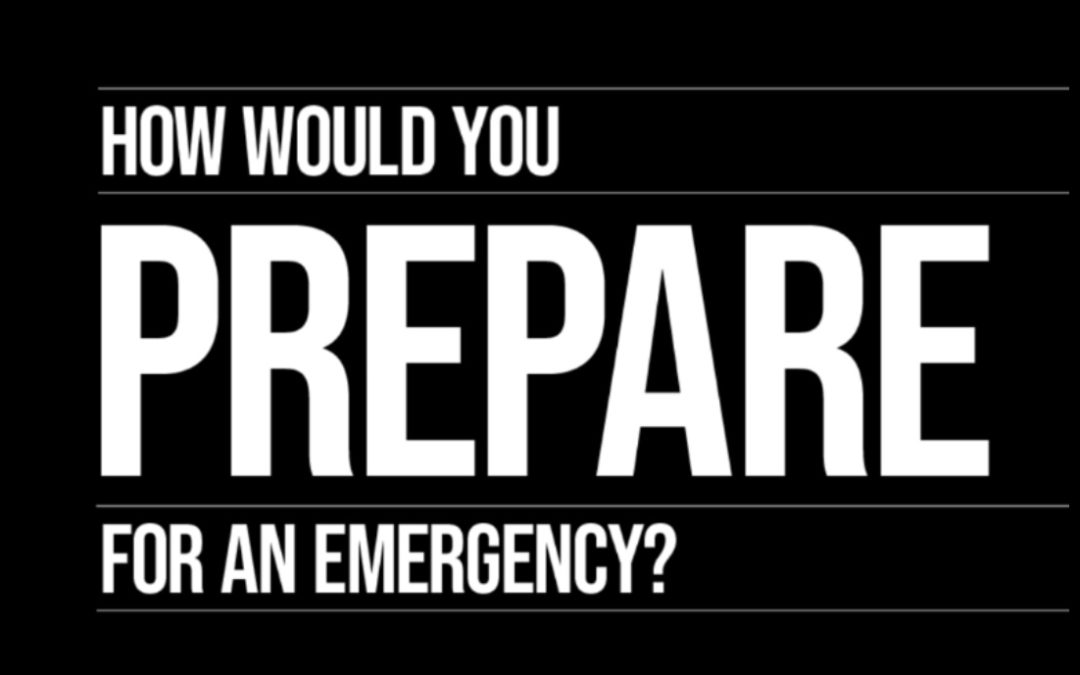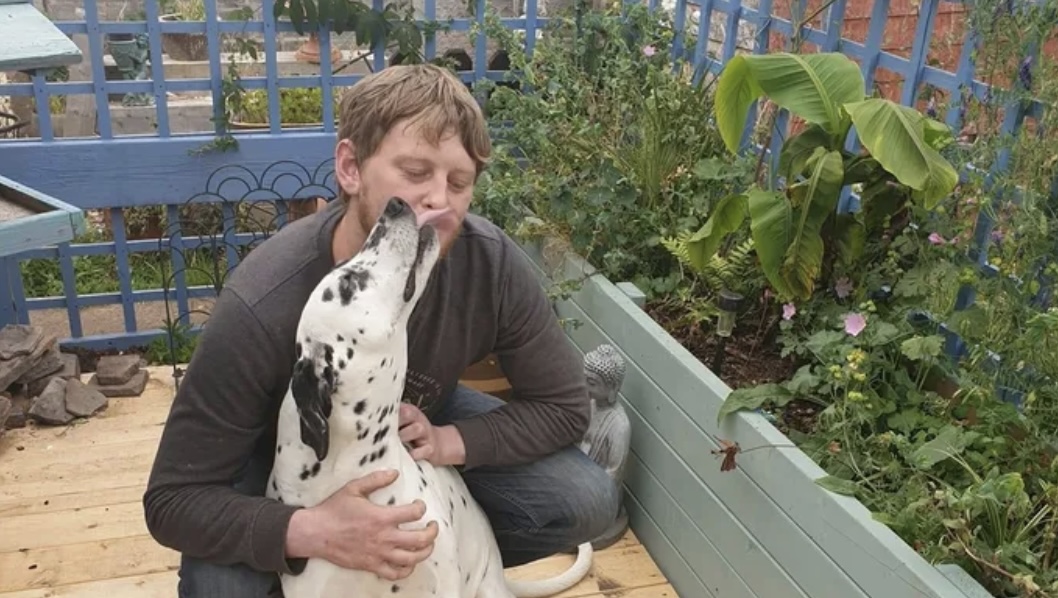If an emergency did happen in your area, how would you manage?
What about your relatives, friends, neighbours or colleagues – do you know anyone who might need some extra help or support?
The government has put together a list of information on a site that is designed to help you prepare for emergencies, be more informed about hazards, and get involved in activities to support yourself and your community before, during and after an emergency.
There is also specific advice for disabled persons and carers.
Taking action now will make it easier to manage if an emergency does happen.
Emergencies happen every day in the UK and across the world.
They can be caused by severe weather or other natural hazards, by deliberate actions, or as a result of accidents or infrastructure failure.
They can be events that happen quickly and are over in a few hours, or they can develop and continue over the course of several days, months, or sometimes even longer.
Below are a few simple and effective steps that you should consider taking to prepare for emergencies and the disruption they cause.
Many of these activities can be helpful across a range of different types of emergency.
You might not be able to undertake all of these. There are lots of suggestions here that won’t cost anything and just take a few minutes to do.
Find out more about risks in your local area including checking your flood risk for areas in England, Wales, Scotland and Northern Ireland.
Work out the best escape route from your home if there is a fire or what you should do if your home floods – if you live with others, discuss this with them.
Consider what supplies you and your household might need during an emergency lasting a few days, such as a power cut or water outage, or situations where you are advised to stay at home or to leave your home for safety reasons.
It can be helpful to keep these items in one place in your home and ideally somewhere easy to find if the lights aren’t working – if you are escaping your house due to a fire you should not take anything with you at all.
You should ensure you have enough of the medication you need to keep you going for several days.
Pack a few essential items in your car boot to make sure you’re ready in case of getting stuck in wintry weather – this can include a torch, in-car phone charger, warm clothes and blankets, high-visibility clothing, jump leads, food and drink, and a shovel for snow. It can also be helpful to keep a first aid kit in your car.
Put together an emergency kit of items at home:
This could include:
Battery or wind-up torch – torches are safer than candles.
Portable power bank for charging your mobile phone.
Battery or wind-up radio to get updates during a power cut – a car radio can be used, however in severe weather it might be safer to stay inside.
Spare batteries for torches and radio and a backup battery for any medical equipment you rely on.
A first aid kit (or some first aid items) including items such as waterproof plasters, bandages, a thermometer, antiseptic, eyewash solution, sterile dressings and gloves, medical tape for dressings, and tweezers.
Hand sanitiser and wet wipes for hygiene purposes when the water is off.
Bottled water – there is no standard figure for this as emergencies can vary in duration and people use different amounts. A minimum of 2.5-3 litres of drinking water per person per day is recommended by the World Health Organisation for survival. 10 litres per person per day will make you more comfortable by also providing for basic cooking and hygiene needs. Additional water might be needed to make up baby formula, for medical devices and for pets.
Non-perishable food that doesn’t need cooking, such as ready-to-eat tinned meat, fruit or vegetables (and a tin opener). As with water, how much you need will vary based on your own circumstances. Don’t forget food for pets.
Baby supplies such as nappies and baby formula – ready made or ‘ready-to-feed’ formula is best as you may not be able to boil water.
Rather than buying all the items at once, you could just add to your emergency kit when you are able and build it up over time.
Source: https://prepare.campaign.gov.uk




